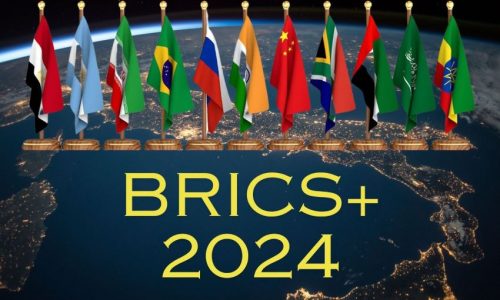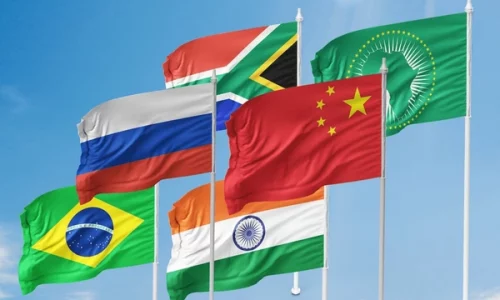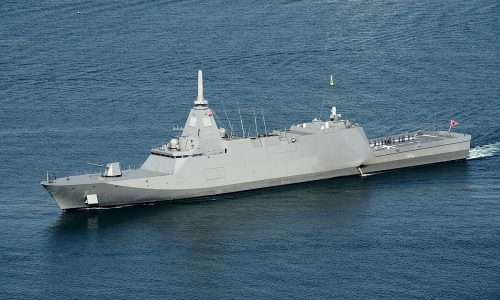President Joko “Jokowi” Widodo convened a bilateral meeting with Chinese Foreign Minister Wang Yi and Former UK Prime Minister Tony Blair at the Merdeka Palace, Jakarta, on Thursday, April 18, 2024.
One of the main topics of the meeting was China’s investment plans and collaboration with the Tony Blair Institute for Global Change in the Nusantara Capital City (IKN), North Penajam Paser Regency, East Kalimantan.
The limited meeting was also attended by Foreign Minister Retno Marsudi, Investment Minister Bahlil Lahadalia, Chinese Ambassador to Indonesia Lu Kang, and Managing Director Asia Pacific of the Tony Blair Institute, Jalil Rasheed.
Bahlil said that the Tony Blair Institute would collaborate with a United Arab Emirates (UAE) energy company to build a 1.2-gigawatt peak (Gwp) solar power plant in IKN.
“The plan is for the UAE to build solar panels in IKN, the details of which are being worked out. But this is facilitated by the Tony Blair Institute,” Bahlil said after the meeting.
However, Bahlil did not specify the investment valuet nor the construction timeline for the solar power project. According to him, the project is still in the conceptual or feasibility study stage. “This proposal has just been submitted,” said Bahlil.
To expedite the study process, Bahlil said that President Jokowi had instructed the IKN Authority to collaborate with the IKN investment task force. “They will collaborate with (State electricity company) PLN,” Bahlil said.
Furthermore, Bahlil also mentioned plans to develop carbon capture storage (CCS) and carbon capture utilization and storage (CCUS) businesses in Indonesia. He stated that implementing carbon capture technology in Indonesia’s oil and gas fields is an alternative step to attract state revenue.
In the future, facilities for storing carbon dioxide (CO2) quotas in former oil and gas fields will be expanded. The plan is to store 70 percent of the CO2 for domestic needs and sell 30 percent to foreign companies.
“The government will provide incentives for industries entering Indonesia,” Bahlil said.
The Ministry of Energy and Mineral Resources (ESDM) noted that Indonesia’s carbon storage potential is promising. The energy authority recorded saline aquifer carbon storage potential at 572.77 gigatons and depleted oil & gas reservoir potential at 4.85 gigatons.
Jokowi also urged China to actively participate in the development of IKN. He conveyed a message to Chinese Foreign Minister Wang Yi to invest in transportation infrastructure in IKN.
“Another aspect is in the field of economic cooperation; the President encourages cooperation in the development of IKN, including transportation modes,” Foreign Minister Retno Marsudi said.
However, Retno did not detail the transportation projects in IKN discussed between Jokowi and China. She mentioned that further details about the project would be discussed at the High Level Dialogue on the Cooperation Mechanism (HDCM) held from April 18 to 20 in Labuan Bajo, East Nusa Tenggara.
Previously, Minister of Transportation Budi Karya Sumadi said the government was exploring plans with China regarding the construction of Automated Rail Transit (ART) in IKN. Budi conveyed this during a meeting with Chinese Transport Minister Li Xiaopeng on January 12, 2024 in Beijing, China.
In the meeting, Budi expressed Indonesia’s interest in using a set of autonomous trains manufactured by the China Railway Rolling Stock Corporation (CRRC) for operation in IKN.








